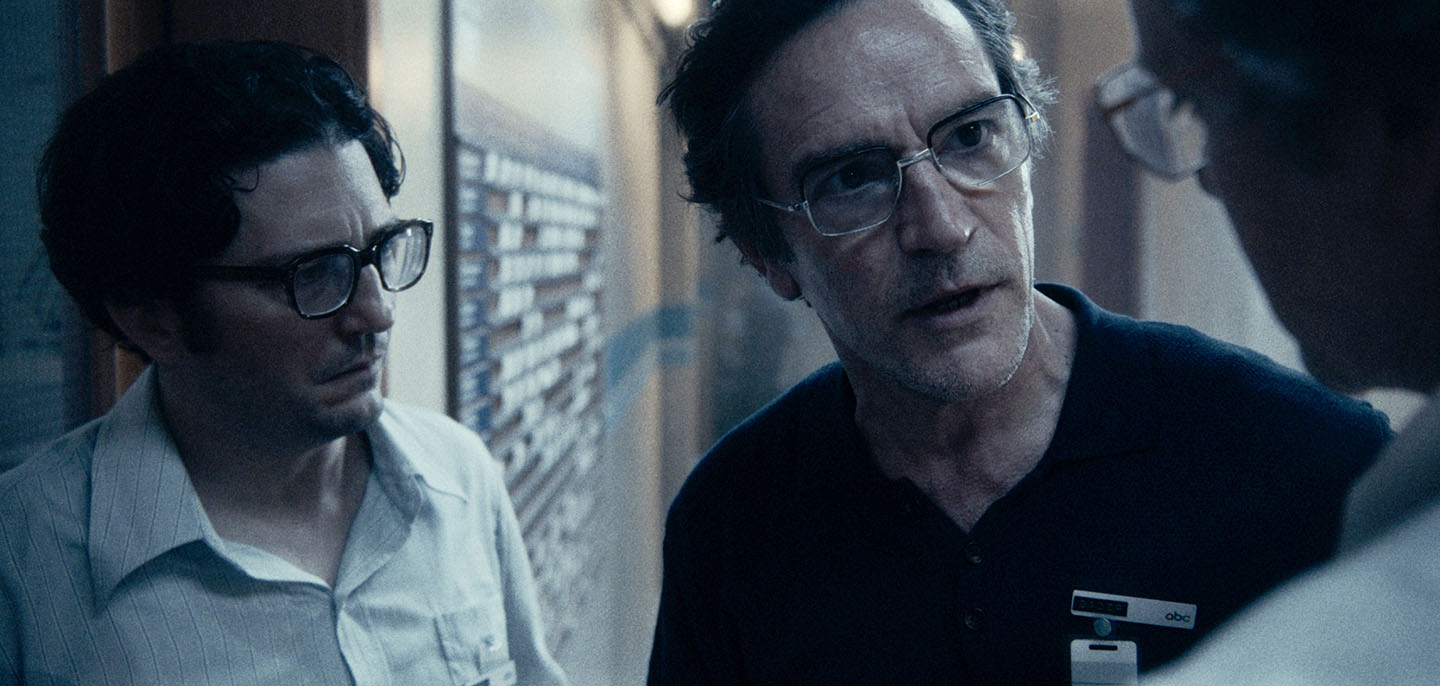“Israel’s existence is in fact threatened by a progressive, terminal illness,” Jeremy Ben-Ami, founder of J Street, writes in “A New Voice for Israel: Fighting for the Survival of the Jewish Nation” (Palgrave Macmillan: $26). According to his diagnosis, the illness is a kind of willful blindness that prevents both Israeli and American leaders from seeing a way out of the dire predicament that the Jewish state now faces.
J Street was founded by Ben-Ami and others in 2008 in a bold, creative but also highly controversial effort to “change the American conversation on Israel.” Instead of “unquestioning support for Israel,” J Street insists on calling attention to “the moral and ethical implications of occupation and its impact on both the Palestinian people and Israel itself.” Ben-Ami’s book serves a manifesto for J Street and, at the same time, a political memoir and a Jeremiad about the fate of the Middle East.
“If things don’t change pretty soon, chances are that the two-state solution to the Israeli-Palestinian conflict will slip through our fingers,” Ben-Ami writes. “As that happens, the dream of the Jewish people to be a free people in their own land also slowly disappears.”
Ben-Ami’s politics would be unremarkable in Israel, but — as he readily concedes — they represent something new in America, where “politicians, community leaders, media and academics have been told you’re either with Israel or against it.” He readily concedes that Israel faces an existential threat from its enemies in the Arab world, but he also insists that the very survival of Israel requires “a new definition of victory for pro-Israel advocacy: “[I]t is now time for friends of Israel to perform the ultimate act of Zionism — to tell Israel the truth,” Ben-Ami argues, quoting a former head of Israel’s secret service.
Ben-Ami describes himself as “a preppy, private-school kid from the Upper West Side of Manhattan,” but he is also a fourth-generation Zionist whose great-grandparents made aliyah from a shtetl in what is now Belarus to the port of Jaffa during the First Aliyah. His father was a follower of Jabotinsky, the founder of the right-wing Zionist movement that is today manifested in the hard-line politics of Likud and its political allies. As a member of the underground militia called the Irgun, he changed his name from Rosin to Ben-Ami — “Son of My People” — and traveled to Vienna to participate in rescue efforts inside the Third Reich.
Fatefully, Ben-Ami’s father reached America before the outbreak of the Second World War, and so it was that Jeremy was raised in America rather than Israel. “I often wonder,” he writes, “how shocked my grandparents would be that their grandchildren were born in New York City and not in the city or country that they helped to build.”
He was taught to feel love and loyalty toward the Jewish homeland and to regard the struggle between Arabs and Jews as “a tale of good and evil, a morality play pitting David against Goliath.”
All of his assumptions began to change when, after the assassination of Yitzhak Rabin by a Jewish extremist in 1995, he traveled to Israel to participate in a Hebrew language program. “I was simply shocked to be sitting in kita aleph — basic first-grade Hebrew — learning my letters and basic grammar with Palestinians from Gaza.” He also learned what he calls “a basic rule of history — that one people’s victory is likely to be another people’s catastrophe.” And he realized that Israelis were far more willing than American Jews to talk openly about the real interests of the Jewish state.
“Everywhere I went,” he explains, “there was a lively and engaged argument over the future of the peace process, the proper course of action for the government, the legacy of Rabin, the intentions of Netanyahu.”
Back in the United States, Ben-Ami joined Howard Dean’s presidential campaign, where he came to understand that a different rulebook was in use. When Dean called on the United States to “take an even-handed role” in the Arab-Israeli peace negotiations, for example, the candidate was breaking the rules. “Abraham Foxman,” Ben-Ami realized, “will say it’s code for being pro-Palestinian.” That’s when he decided that another voice needed to be heard.
“What about my views, and the views of all my many friends and colleagues who had lived and worked in Israel, who passionately believed that it will serve Israel’s and America’s interests for the United States to be more evenhanded in its approach to the conflict? What isn’t anyone standing up for us?”
Thus began the idea for J Street and the role Ben-Ami has come to play in the conversation about Israel. He insists, for example, that the only basis for making peace between Israel and the Palestinians is a land swap that would give the Palestinians land inside the pre-1967 borders of Israel in exchange for Jewish settlements on the West Bank, and a relinquishment of the Arab right of return in exchange for compensation, and shared jurisdiction over Jerusalem, which would serve as the capital of both states.
Ben-Ami’s vision of a path to peace is not new or original or wholly without support inside Israel. What makes Ben-Ami and J Street so unsettling to Jewish conventional wisdom is his insistence that the United States must put pressure on Israel to take risks that the Jewish state has found to be unacceptable. “[L]eft to their own devices,” he insists, “the Israelis and Palestinians will remain locked in a divisive status quo that at some point will spark another regional conflagration or worse.”
I know how Ben-Ami’s book will be received in some Jewish circles, because I have experienced the same visceral reaction that makes his position so controversial — how can American Jews, who live in peace and prosperity in the United States and who will not be called upon to fight in defense of the Jewish state, dictate peace terms to those whose lives are at stake? Yet he makes a plausible argument that the threat to the security and even the survival of Israel may be even greater if the stalemate is not broken.
Ben-Ami and the American Jews who share his point of view are regarded as nothing less than traitors by some supporters of Israel, but he insists that he is an ardent and earnest Zionist who dares to speak truth to power: “Israel finds itself at a critical fork in the road, facing a choice of existential proportions,” he writes. “The lack of strong and politically courageous leadership on either side is one of the great tragedies of the conflict.” And he insists that he has the best interests of Israel at heart when he demands that the decision-makers in the United States to take an “even-handed” stance.
“The truest act of friendship today is to ask our Israeli friends and relatives to open their eyes to the critical choices ahead and to the consequences of failing to take these choices seriously,” he concludes. “This is Zionism in the twenty-first century.”
Ben-Ami’s father, the former Irgunist, must be turning over in his grave, and I am confident that Ben-Ami’s book will raise the blood pressure of a great many of his readers. But they are the exactly the ones who need to hear what he has to say.
Jonathan Kirsch, author and publishing attorney, is the book editor of The Jewish Journal. He blogs at books@jewishjournal.com.






















 More news and opinions than at a Shabbat dinner, right in your inbox.
More news and opinions than at a Shabbat dinner, right in your inbox.